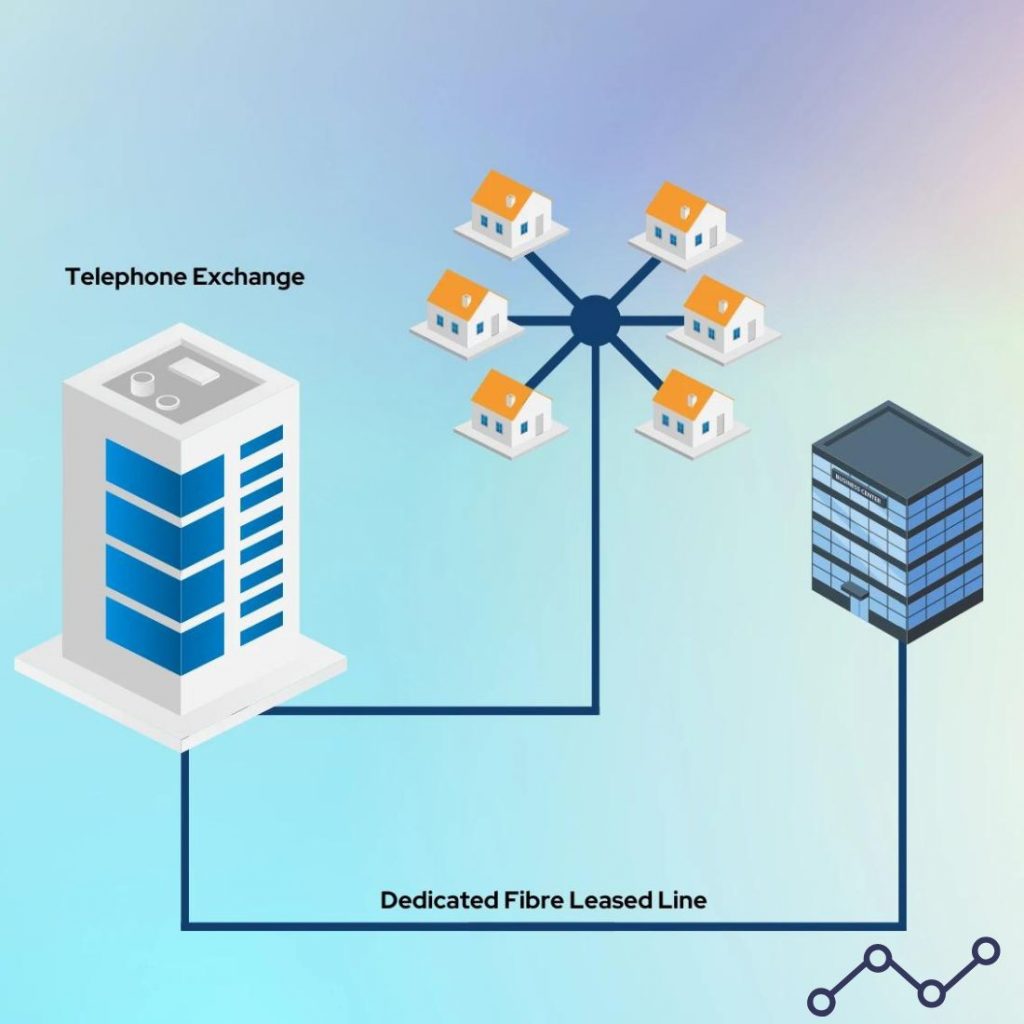In today’s world, cybersecurity is of utmost importance for any business that operates in the digital realm. One of the critical aspects of cybersecurity for businesses in the UK is Leased Line connectivity. Leased Lines are dedicated lines that provide secure and reliable internet connectivity to businesses. However, to ensure that the Leased Lines are not compromised, it is essential to have SLAs for Leased Lines (Service Level Agreement) in place.
SLAs are agreements between businesses and their service providers that outline the level of service that the provider will deliver. SLAs for Leased Lines usually cover uptime guarantees, service availability, and issue resolution times. These agreements help ensure that the Leased Line connectivity is stable and reliable, reducing the risk of cybersecurity threats.
SLAs provide several benefits to businesses that rely on Leased Lines for their connectivity needs. Firstly, they reduce downtime by ensuring that the service provider responds to issues promptly, minimising any potential disruptions. Secondly, they increase reliability by providing businesses with a dedicated line that is not shared with other users, ensuring that there is no congestion or latency. Finally, they provide faster resolution of issues, helping businesses get back to their normal operations quickly.
The threat landscape for businesses is continuously evolving, and cybersecurity threats are becoming more sophisticated. Some common cybersecurity threats that businesses face include Distributed Denial of Service (DDoS) attacks, malware, phishing, and ransomware attacks. SLAs can help protect against these threats in several ways.

For example, SLAs can include measures to prevent DDoS attacks by providing businesses with dedicated bandwidth for traffic management. This ensures that their network is not overloaded by malicious traffic, and legitimate traffic can flow without disruption. SLAs can also provide protection against malware by providing businesses with firewall and antivirus software. These measures help prevent malicious code from infecting the business’s network.
There have been several instances where SLAs have successfully prevented cybersecurity threats. In one case, a UK-based online retailer experienced a DDoS attack that affected their Leased Line connectivity. However, since the SLA included measures to prevent DDoS attacks, the service provider was able to mitigate the attack quickly, preventing any significant disruption to the business’s operations.
In another case, a UK-based financial services company experienced a malware attack that infected several of their systems. However, since the SLA included antivirus software and firewall protection, the service provider was able to isolate and contain the malware, preventing any significant data loss or disruption to the business.
In conclusion, businesses in the UK must prioritise cybersecurity to protect themselves from the various threats that exist today. Leased Lines provide a reliable and secure internet connection, but to ensure that they are not compromised, it is essential to have an SLA in place. SLAs help reduce downtime, increase reliability, and provide faster resolution of issues, ultimately helping to protect businesses from cybersecurity threats. By including measures to prevent DDoS attacks, malware, and other threats, SLAs can help businesses safeguard their critical data and maintain their operations.






